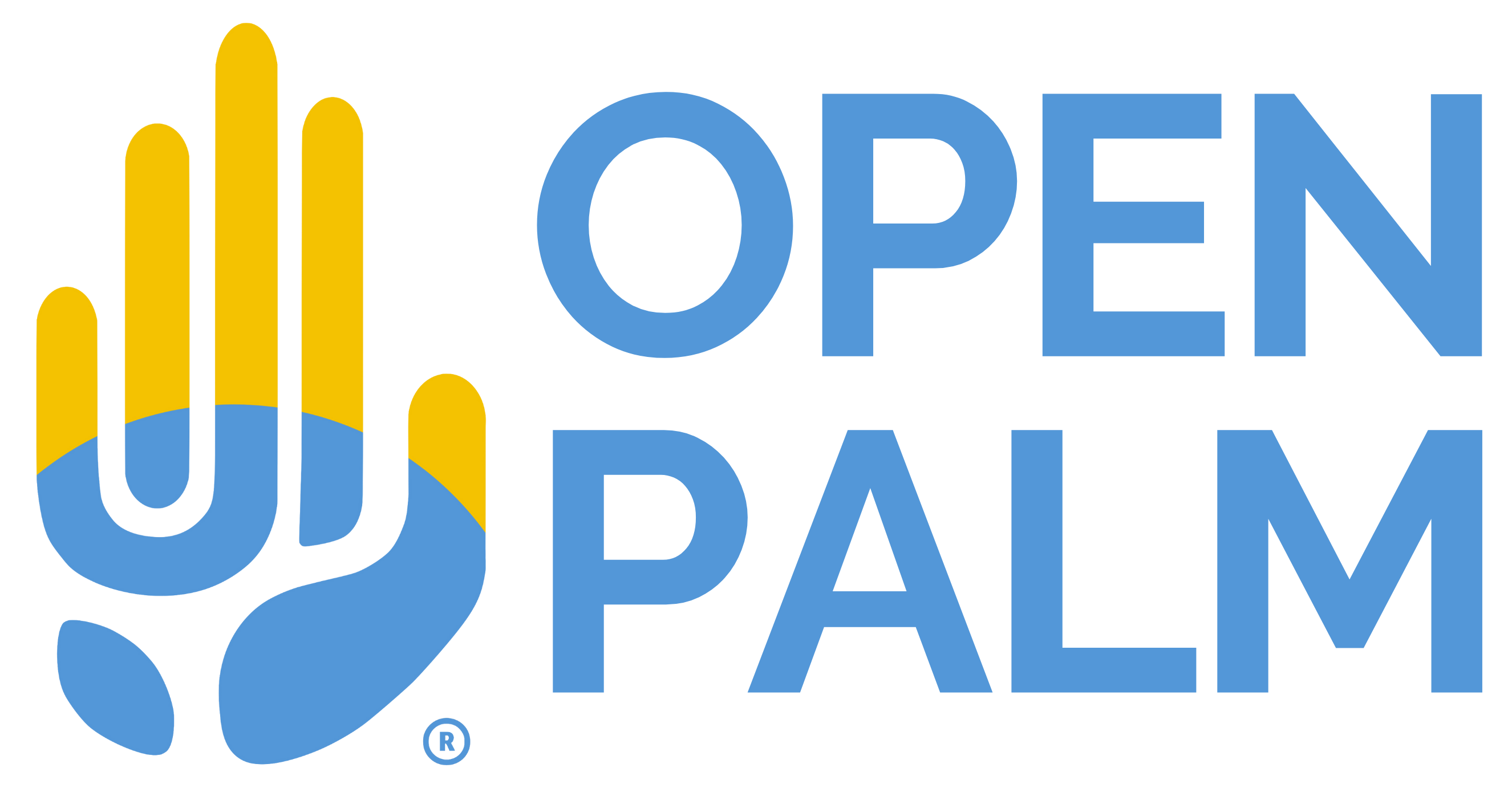Open Palm's Co-Founders on the reason for Open Palm: "it was time for change"
- Sophie McBaiden
- Mar 31, 2021
- 3 min read
Updated: Jan 13, 2022

Pictured: Open Palm's Co-Founders, Ralph McBaiden (left) and Sophie McBaiden (right)
The reason for founding Open Palm
We’re two people that have always been keen to give back. Having each benefitted from mentors and positive role models in our lives, it’s always been important for us to find ways to pay that forward. We’ve mentored, worked with other amazing charities, launched work experience initiatives and have both acted as school governors. However, 2020 shook us to the core and we realised that we could do more. It was time for change.
The brutal killing of George Floyd made us think deeply – what was happening in the US was also happening in the UK, it just took a different form. There were also issues affecting education that we wanted to address.
So, we put our heads together, looked at our collective skills (with Ralph as a Chartered Accountant and myself as a Lawyer), our experience and networks, and decided that the most useful way that we could help was to focus on education. And there, on 1 July 2020, Open Palm was born...during the COVID-19 UK lockdown! To this day, Open Palm has continued to operate entirely remotely.

Why we chose the initiatives
We’ve learnt a lot about the school system given our experience volunteering as school governors and we wanted to do our bit to improve how education is delivered. What became clear at the start of lockdown in 2020 was that teachers were working incredibly hard to deliver online lessons. However, through no fault of their own, students from disadvantaged backgrounds were struggling to access and engage with those lessons.
Students in a household with one device or a poor internet connection, for example, were being left behind. “Digital poverty” as it is being described, can have a huge impact on education outcomes. So, we decided that we’d partner with UK schools to improve their capabilities in this area.

We also decided to help some schools in certain developing countries with whom we have an ancestral affiliation, such as Uganda, to help them better meet the needs of their students. In Uganda, many schools do not even have electricity and often use outdated academic textbooks. So we found a school in a very remote district called Agirigiroi and started working on a plan to stock them up with textbooks in key subjects such as Maths, English and Science.
We also wanted to tackle a lot of the racial inequality we’ve seen. Both being from African-Caribbean descent, we have seen first-hand that systemic inequalities, such as in education, health and income, significantly affect outcomes for Black, Mixed Heritage and other Ethnic Minority groups.

Open Palm tackles this through free life-skills based educational programmes targeted at Black, Mixed Heritage & Ethnic Minority under-18s. The programmes aim to address issues (such as financial inequality and under-representation in leadership roles) that affect these communities and significantly impact Black individuals. The programmes also equip the next generation for long-term success and provide young people with an accreditation in the process, which boosts their CV.
Specific problems need specific solutions
On top of this, there are also specific issues particularly affecting Black individuals.
As two Black individuals with different upbringings, one thing was mutually common. We were raised to be extra cautious about how we come across because we are Black and we were aware that we will have to work twice as hard for half the recognition.
We regularly speak to young people, even as recently as a few months ago at the time of writing, who still think that Black people don’t work in the City or Canary Wharf (London) – outside of cleaning and security roles.
We hear from senior Black professionals who have regularly been mistaken in meetings for cleaning staff, simply because of racial stereotyping. Sadly, these experiences are common.
So 2021 reports such as those from the London School of Economics on the pay gap for Black women compared to all other gender and racial groups, or from the Social Market Foundation highlighting that Black graduates earn less than their White counterparts 6 months after graduating, or from Green Park revealing that there are no Black CEOs, CFOs or Chairmen in the FTSE 100 do not come as a surprise. And as the UK Commission on Race and Ethnic Disparities publishes its 2021 findings on racial disparities in the UK, we are acutely aware that there is a long road ahead to achieve equality.
What success looks like

In order for there to be tangible and long-term change, there needs to be a shift in perceptions and there should be targeted tools to enable it.
Through our free life-skills programmes and helping to improve access to education within schools, we are confident that this will help to create fairer opportunities for all.
Open Palm is all about less talk and more action so that one day, we can stop talking about reports and statistics and start talking about true progress.
